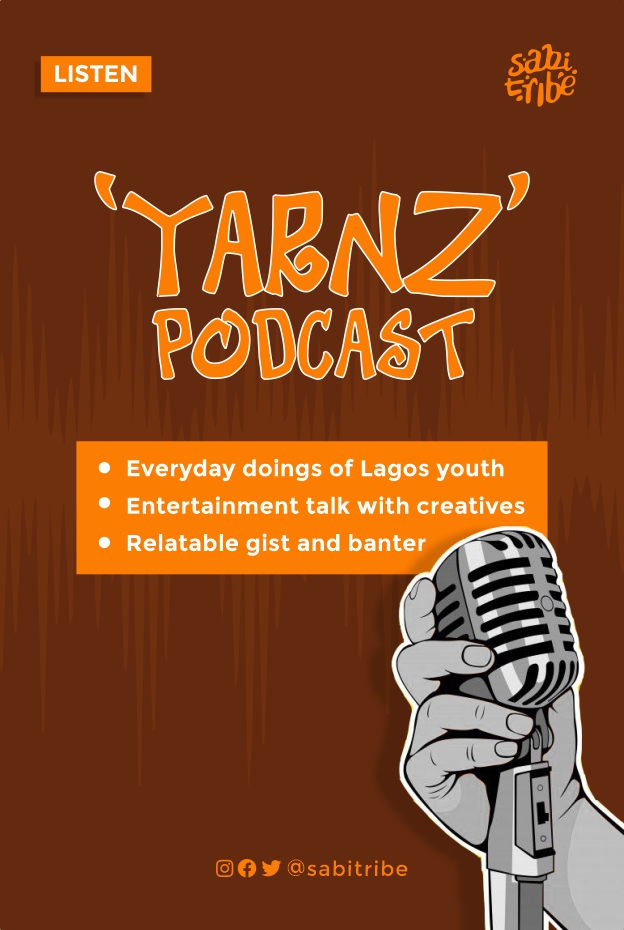Traditions Nigerians have bid goodbye. Well, mostly.
Nigeria is known for many things worldwide. Like our diverse languages, ethnic groups, indigenous occupation and tradition.
Today, we will be gisting with the tribe about our traditions. Not just any but the ones that have faded like overwashed ankara. Grab a seat, a bottle of chilled water and brace yourself for the big reveal.
Here are five traditions that are no longer widespread practices. Heads up, you might get emotional along the way!

1. Tribal Mark
Say hello to tribal marks, the multi-purpose mark. A mark that fights your enemies, repels evil spirits and beautifies you all at the same time. Tribal marks were popular amongst the Yorubas and the Hausas in the olden days before it got bad press. Children were cut in their faces with a sharp knife and the wound then healed as a tribal mark.
2. Abobaku
Abobaku, an ancient Yorubaland practice, means “the one that dies with the king.” Yes for real. During the pre-colonial times, a person was chosen to be buried alive with the king. It was an honour for whichever male was chosen. The Abobaku, knowing his longevity was tied to the king’s, did his possible best to ensure the king was healthy. In return, he enjoyed riches.
I don’t know about you but I would have done the king how Peter did Jesus, period.
3. Killing Of Twins
Are twins special or an abomination? Before the amiable Mary Slessor came to Igboland, it was the latter. Twins (and other multiple births) were seen as a bad omen, godsent to whatever community they were born in.
The twins, after birth, were taken by their parents to the ‘Evil forest’ and left to die.
4. Female Genital Mutilation
Female genital mutilation involved cutting away all or part of the external female genital organ. It was believed the act would curb promiscuity among women.
Female genital mutilation was a tradition that persevered through to modern times until it got heavy backlash recently for abuse and many associated medical risks.
5. Bride Virginity Test
Just like the name, brides were tested for their virginity. This tradition was important to both the groom and bride’s family. It reassured the groom’s family that their new bride was unsoiled. And it brought honour to the bride’s family.
A piece of cloth was placed underneath the bride as the couple did whatever it is they do on wedding nights. If the cloth was blood-stained, it confirmed her virginity. The bride’s family would then receive a full keg of palm wine or matchbox. In the case where the cloth remained white during the foki foki, a half-full keg of palmwine or matchbox was sent.

#OddCulture is a series highlighting strange and unique cultural practices. This edition reviews some extinct traditions in Nigeria.




